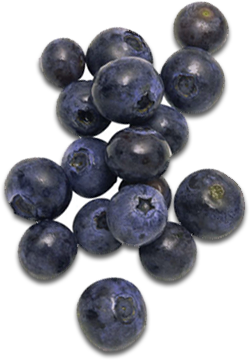no items to display
The Raw Truth about Vegetables and Benefits of a Raw Diet
Okay, it’s time for this charter member of The Clean Plate Club to spill the beans. After sixty years of looking for any viable evidence to the contrary, I have been forced to accept that vegetables are undeniably good for me. It was a long time coming, but the studies are irrefutable.
This brings me to my current internal debate concerning a raw diet. Vegetables: raw or cooked?
During the past couple of months, the temperatures have dropped precipitously from the seventies to freezing and below. Bye-bye, locally-grown produce share. Bye-bye, backyard veggies! Suddenly, more than ever, I’m aware of the fresh, raw vegetables I appreciated so much last summer and fall. Isn’t that just the way? “You don’t know what you’ve got, until it’s not.” And I wonder, how important is it to buy and eat fresh—and raw?
So I’ve started doing some research on the benefits of a cooked vs. raw diet—reading a variety of articles that span the wide arc between Raw Foodism and the food I grew up on in Southern Indiana in the 1950s.
And so far, it seems that my question is never going to be settled with a simple, unqualified vote for one or the other. I should have guessed that there’d be no black and white answers when it comes to those glorious, Technicolor vegetables and a raw diet.
According to an article in Scientific American, “Cooking is crucial to our diets.” Additionally, some of the best qualities of vegetables have been shown to be enhanced or unlocked by the introduction of heat. Here are some examples:
- Cooking actually boosts the amount of lycopene in tomatoes.
- Carrots, spinach, mushrooms, asparagus, cabbage, peppers and many other vegetables supply more antioxidants, such as carotenoids and ferulic acid, to the body when they’re boiled or steamed than they do when they are raw.
- Cooking carrots has been shown to increase their level of beta-carotene.
Meanwhile, according to the LivingFood101 website, proponents of Raw Foodism strive to eat “a minimum of at least 75% raw foods.” They believe that “eating the foods raw helps to preserve all the enzymes and other nutrients so that the body can create its own nutrients and be strong and healthy.”
An article in The Examiner indicates that Raw Foodism is a full-blown philosophy. (And I thought I was just deciding whether to steam my veggies!)
There are many philosophies of raw foodism and how it should be practiced, from many different experts on the subject. The true key to being a devoted raw foodist is to stay open minded. Do what works for you, to whatever extent that you can do it. The only way that raw foodism will really work is by finding a comfortable balance between “being the best that you can be” and what you can realistically fit in your life.
So, in summary, it seems that while there are countless arguments to be made for eating a raw diet, there are actually some vegetables that benefit from the introduction of heat—not just in the sense of ease of eating, chewing, and assimilation, but because they give up various helpful, perhaps lifesaving nutrients at higher temperature.
This “win-win kinda girl” is doing the math right now and wondering if she can’t simply cook the 25% of her vegetables that would benefit from the heat and eat the remaining 75% raw. Hmmm… The verdict is still out for me on this one.
I encourage you to share what you know or find out on the subject of raw diet with all of us here. Please leave helpful links and your words to the wise in the COMMENT section below.






